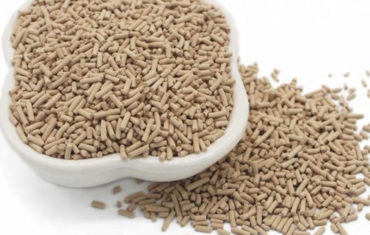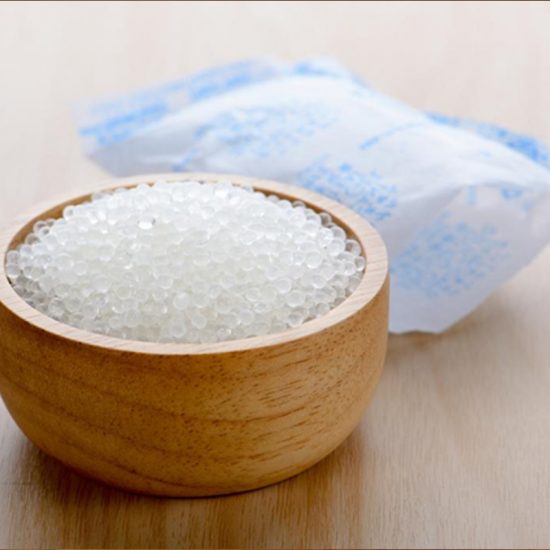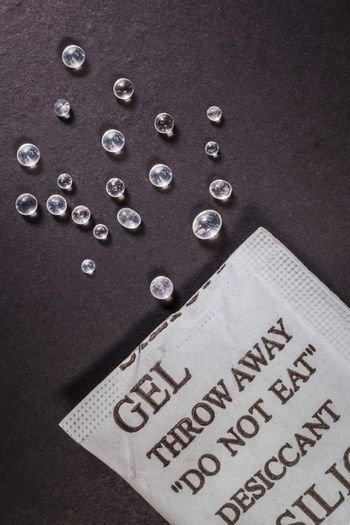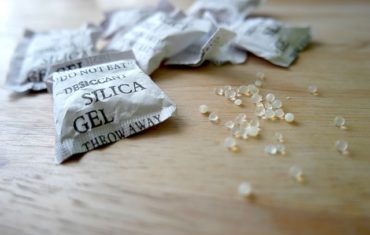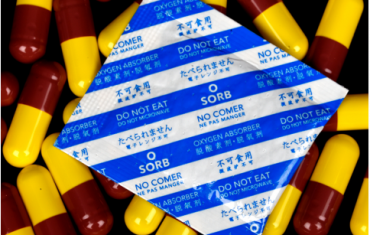Types of Pharmaceutical Coils and Their Uses
Pharmaceutical coils play a vital role in the medical industry, offering a wide range of applications in drug delivery systems, diagnostics, and therapeutic devices. In this blog, we will delve into their diverse world, examining the different types of pharmaceutical coils and exploring their specific uses.
Get ready to uncover the fascinating world of these essential medical components.
Cotton Coils
Cotton is a natural fiber derived from the cotton plant’s seed pods. It is widely known for its softness, breathability, and ability to absorb moisture. In pharmaceutical coils, cotton fibers are often used due to their high absorbency, which allows them to efficiently soak up fluids such as blood or wound exudate. Cotton coils are generally hypoallergenic, making them suitable for individuals with sensitive skin.
These pharmaceutical coils are commonly used materials in the medical industry, particularly for applications such as wound care and surgical procedures. They’re designed to provide absorbency and strength while also being gentle on the skin and tissues.
Rayon Coils
Rayon is a synthetic fiber made from regenerated cellulose, typically derived from wood pulp. It is often used as an alternative to cotton in pharmaceutical coils. Rayon has excellent absorbency properties and can hold a significant amount of fluid.
These coils are typically sterile and come in various forms, including rolls, pledgets, or pre-cut shapes for specific applications. They are widely used in wound dressings, where they can help absorb exudate, provide a cushioning effect, and protect the wound site from external contaminants.
Drug-Eluting Coils
Drug-eluting coils are a remarkable innovation in the field of interventional radiology. These coils are coated with a layer of medication, typically an anticoagulant or an anticancer drug, which is slowly released into the surrounding tissues over time.
These pharmaceutical coils are primarily utilized in embolization procedures, where they are deployed to block blood vessels feeding tumors or abnormal vascular structures. By combining mechanical occlusion with controlled drug release, these coils offer a powerful approach to treating various conditions, such as liver cancer and uterine fibroids.

Polymer Coils
One key feature of medical-grade polymer coils is their flexibility and shape memory properties. They are typically made from shape memory polymers (SMPs) that can be easily deformed and then recover their original shape when subjected to certain stimuli, such as heat or light. This allows the coils to be delivered through small catheters or devices and then deployed within the targeted area.
These pharmaceutical coils are often used to treat cerebral aneurysms, which are abnormal bulges in blood vessels in the brain. When introduced into the aneurysm, the coils promote blood clotting and encourage the formation of scar tissue, ultimately helping to seal off the aneurysm and prevent rupture.
If you want to order pharmaceutical coils or need desiccants for diagnostic kits in addition to molecular sieves and bulk-activated alumina, get in touch with Sorbead India today. We offer cotton, rayon, and polymer coils that are safe, risk-free, and USP-grade to ensure that the medicine doesn’t lose its shape during the shipping process.



